39 phonological awareness activities for older students
Phonemic Awareness in Older Learners | Heggerty All students need access to instruction that teaches them to identify, blend, segment and manipulate phonemes. When we see a gap in older learners' proficiency, we want to teach with urgency and close that gap as quickly as possible. This means focusing our phonemic awareness instruction on the skills that are most powerful. Phonological Instruction for Older Students | Reading Rockets The phonological awareness strand of a well-designed reading or language lesson for older students includes brief, direct practice of specific skills such as syllabication or phoneme segmentation, often as a warm-up exercise before reading, spelling, or vocabulary instruction begins.
Advanced Phonological Awareness: The Missing Piece for Older Students ... What phonological awareness activities they have done involved visuals, but Kilpatrick and other dyslexia researchers say they need to be done without visuals . The students are supposed to be manipulating the sounds they hear ….. not the letters they see.
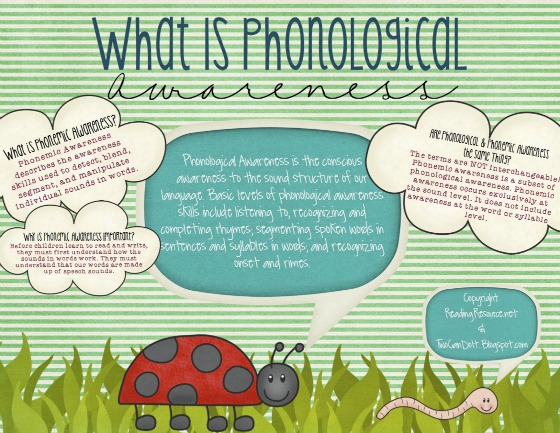
Phonological awareness activities for older students
Phonemic awareness activities for older students with Funny Phonemes Since older students in need of phonemic awareness training are necessarily struggling or non-readers, it was important to include a text-to-speech feature in the app. The slang dictionary entries and any instructions specific to the phonemic awareness activities can be read to the student by the device. It Takes a Village to Build An App How To Help Older Students Build Phonemic Awareness Skills Older students can sometimes complete phonemic awareness tasks backwards by using their knowledge of spelling patterns and written words. You may see this in students who are highly accurate with these tasks, but slow. They are likely struggling far more with phonological awareness than you may realize, but they have adapted. 11 Fun Activities for Boosting Phonological Awareness 1. Block It (Syllables) Explain that syllables are parts of words. Demonstrate by pushing out a block for each word part as you say a word. Return the blocks to a pile before trying the next word. Give each child small paper squares instead of blocks to use at their desk for a group activity.
Phonological awareness activities for older students. Phonological Instruction for Older Students - The Edvocate When teaching older students about phonological awareness, do not hesitate to use direct teaching methods. By this age, students should be able to sit through reading, spelling, and vocabulary instruction sessions. These activities are short, but if used consistently, they can improve the phonological and phonemic awareness skills of a child. Multisensory Monday: Phonological Awareness for Older Students - Orton ... Afterward, students stand up and play "head, shoulders, knees, toes" with the same words. Students tap their head while saying /g/, then their shoulders for /r/, knees for /a/, toes for /p/. Play again with a variety of words. Phonological awareness activities should be short and frequent and can be plugged in throughout the day. 5 Phonological Awareness Games You Can Play Without Any Materials Game #2: Stomp My Sentence. To play this game, make up a sentence and say it aloud as students listen. Then, students should stand up and repeat the exact same sentence. Each time they hear a word, they stomp one foot. (This helps develop concept of word.) Phonemic Awareness & Phoneme Segmenting for Older Students The phonological awareness portion of a reading or language lesson for older students must include brief, direct practice of specific skills such as syllabication or phoneme segmentation, often as a warm-up exercise before reading, spelling, or vocabulary instruction begins. In addition, these teaching activities and adjustments can be helpful:
Phonemic Awareness For Older Students Teaching Resources | TpT Phonemic awareness is essential for beginning readers and must be systematically taught. Phonemic awareness is the ability to hear and manipulate individual phonemes, or sounds. All this work can be done in the dark - with no letters attached. Phonemic awareness is a very good predictor of reading success a. phonological awareness for older students - TeachersPayTeachers 4.9 (14) $8.50 PDF Practice phonological awareness with these easy to use, self directed phonics activities and an engaging original game. Rhyme, syllables, sounding out and onset and rime are all covered in this pack which has been designed with older students in mind (seven+). 11 Fun Activities for Boosting Phonological Awareness 1. Block It (Syllables) Explain that syllables are parts of words. Demonstrate by pushing out a block for each word part as you say a word. Return the blocks to a pile before trying the next word. Give each child small paper squares instead of blocks to use at their desk for a group activity. How To Help Older Students Build Phonemic Awareness Skills Older students can sometimes complete phonemic awareness tasks backwards by using their knowledge of spelling patterns and written words. You may see this in students who are highly accurate with these tasks, but slow. They are likely struggling far more with phonological awareness than you may realize, but they have adapted.
Phonemic awareness activities for older students with Funny Phonemes Since older students in need of phonemic awareness training are necessarily struggling or non-readers, it was important to include a text-to-speech feature in the app. The slang dictionary entries and any instructions specific to the phonemic awareness activities can be read to the student by the device. It Takes a Village to Build An App

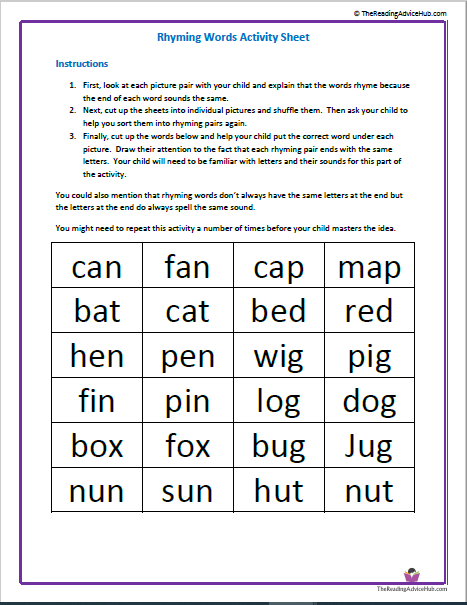
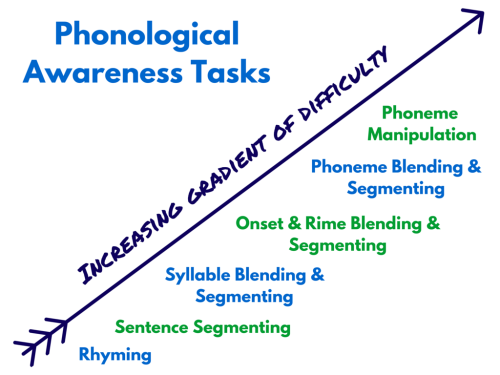

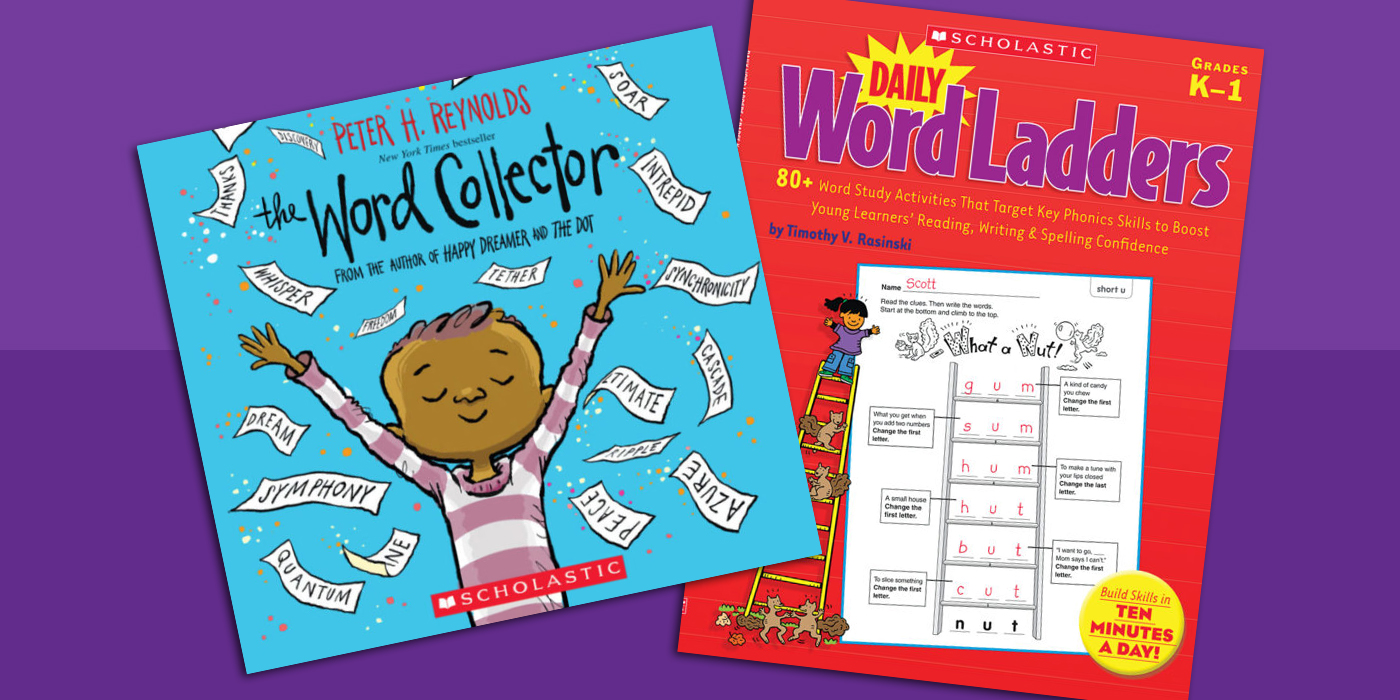

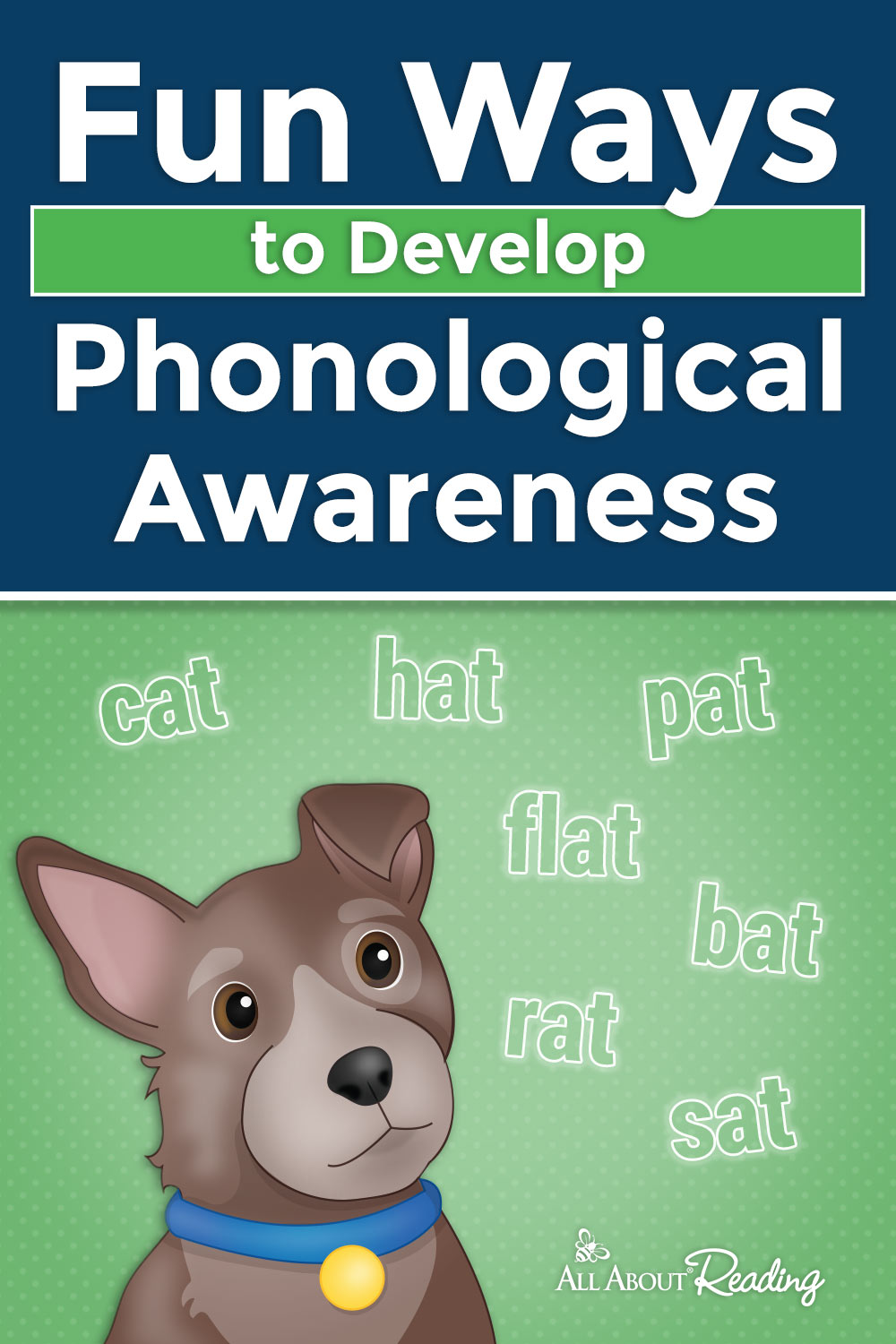
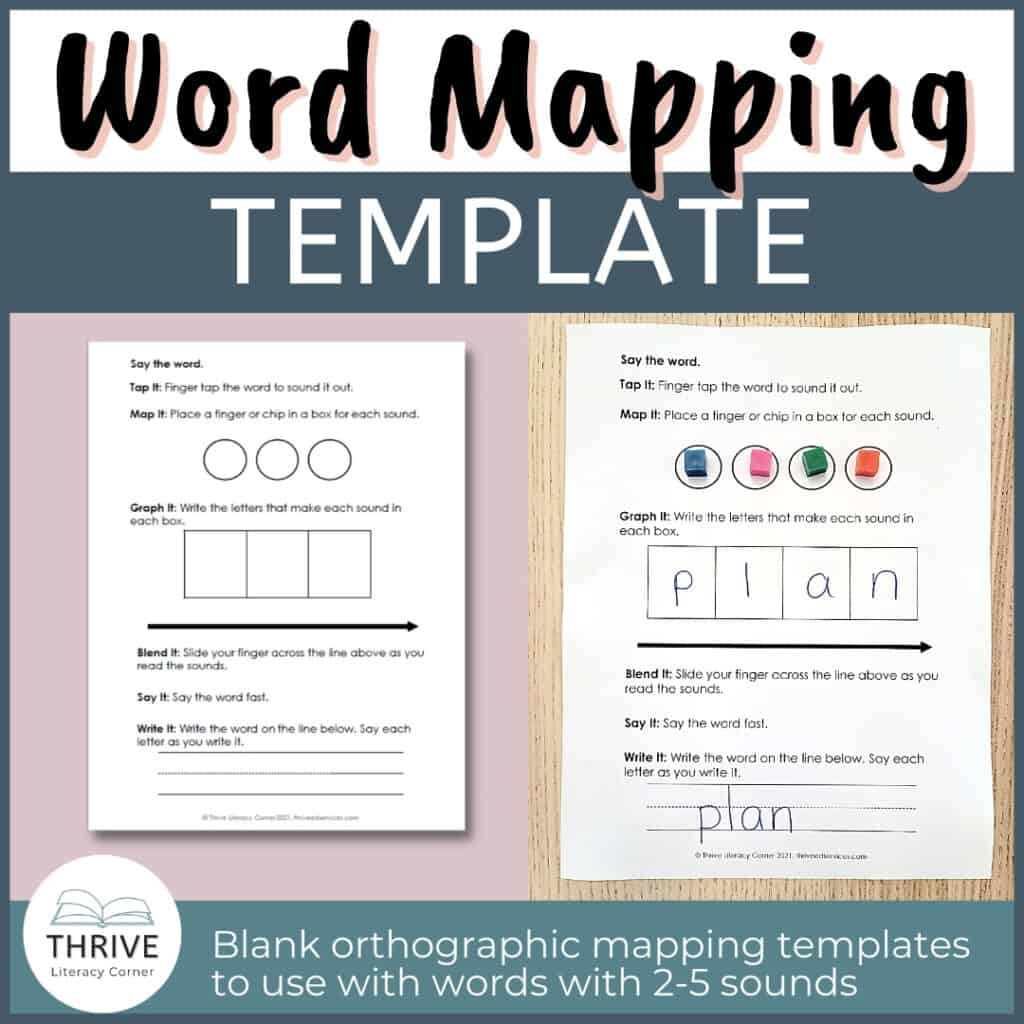



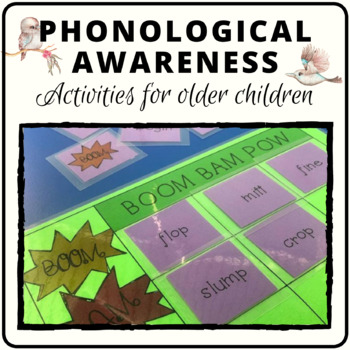
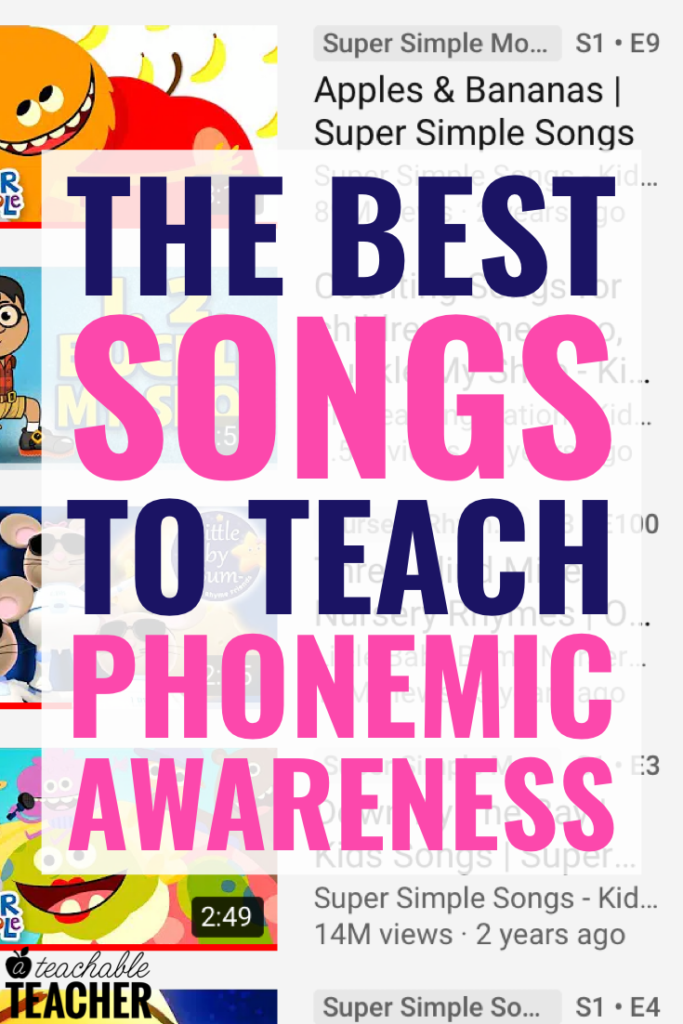

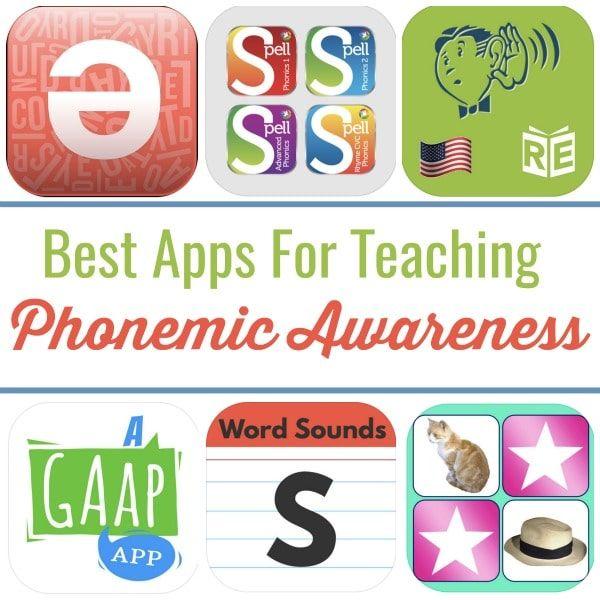






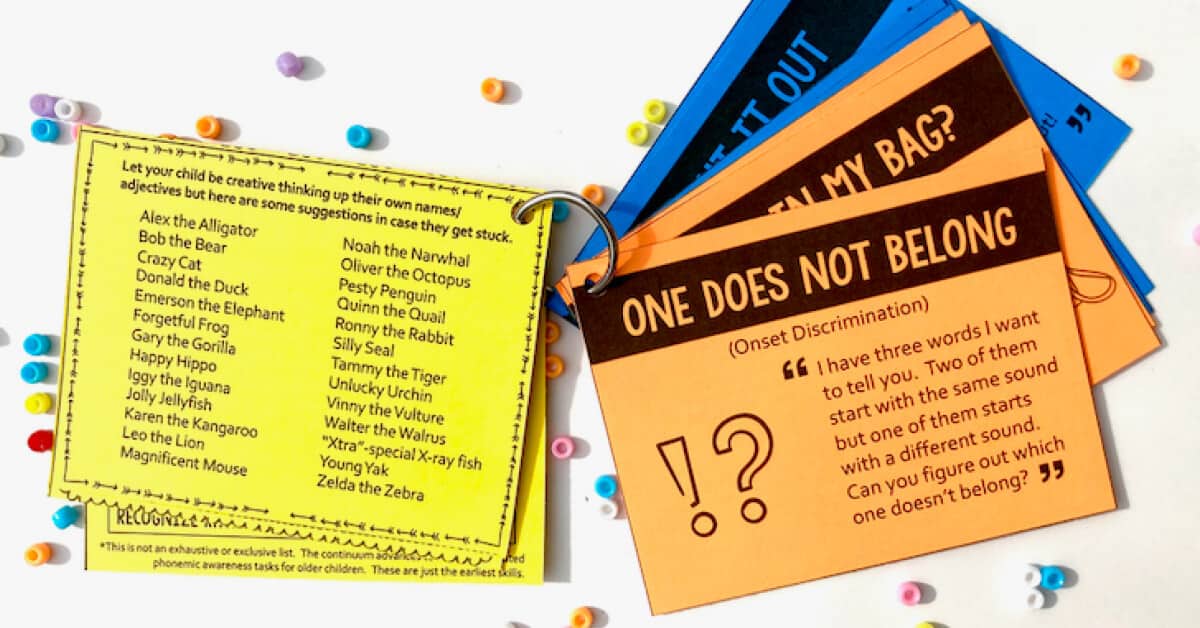
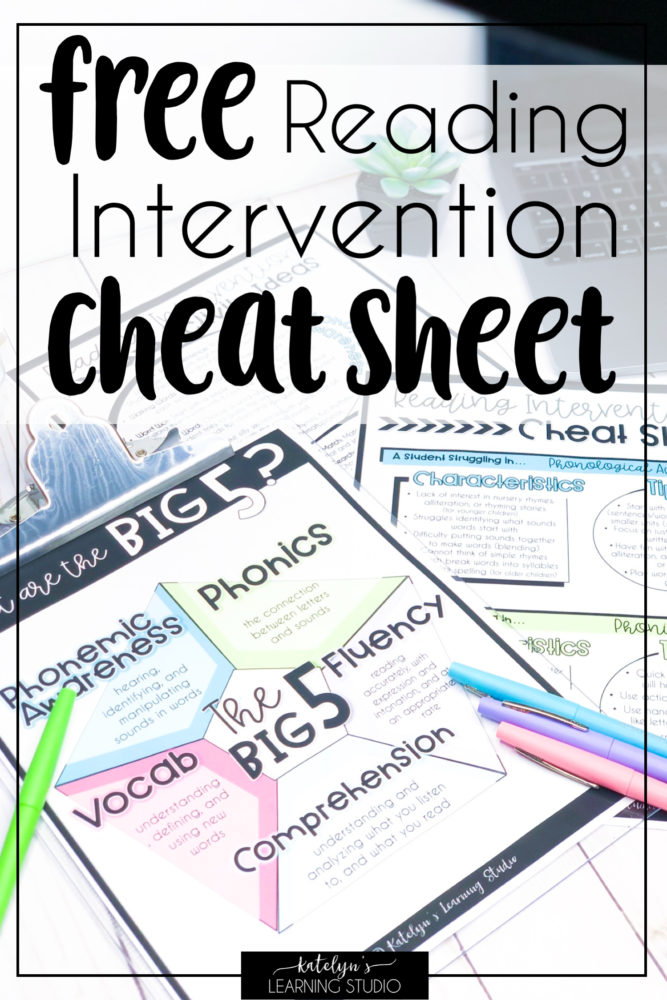



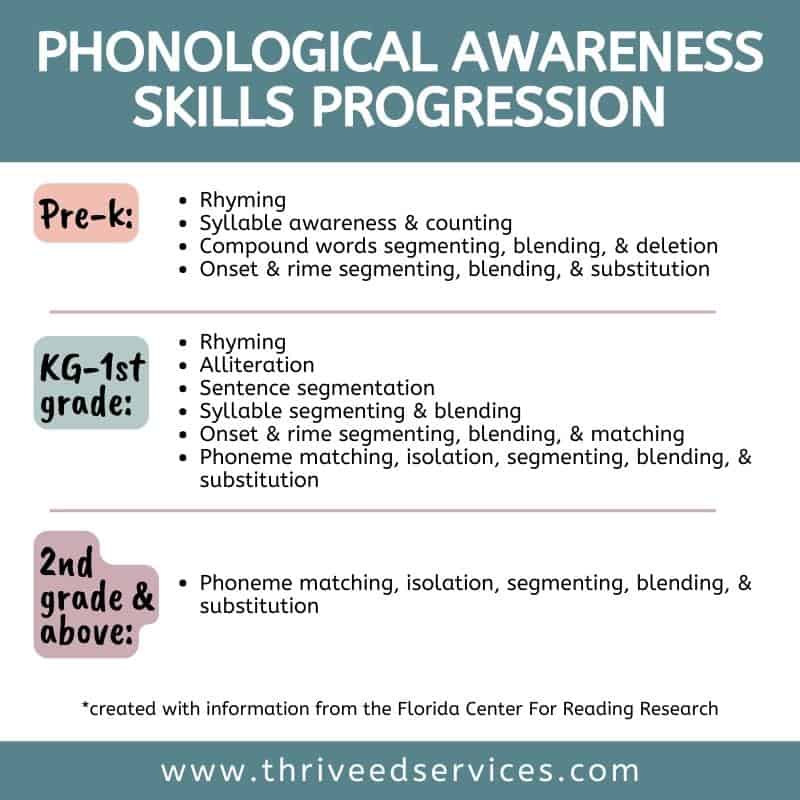



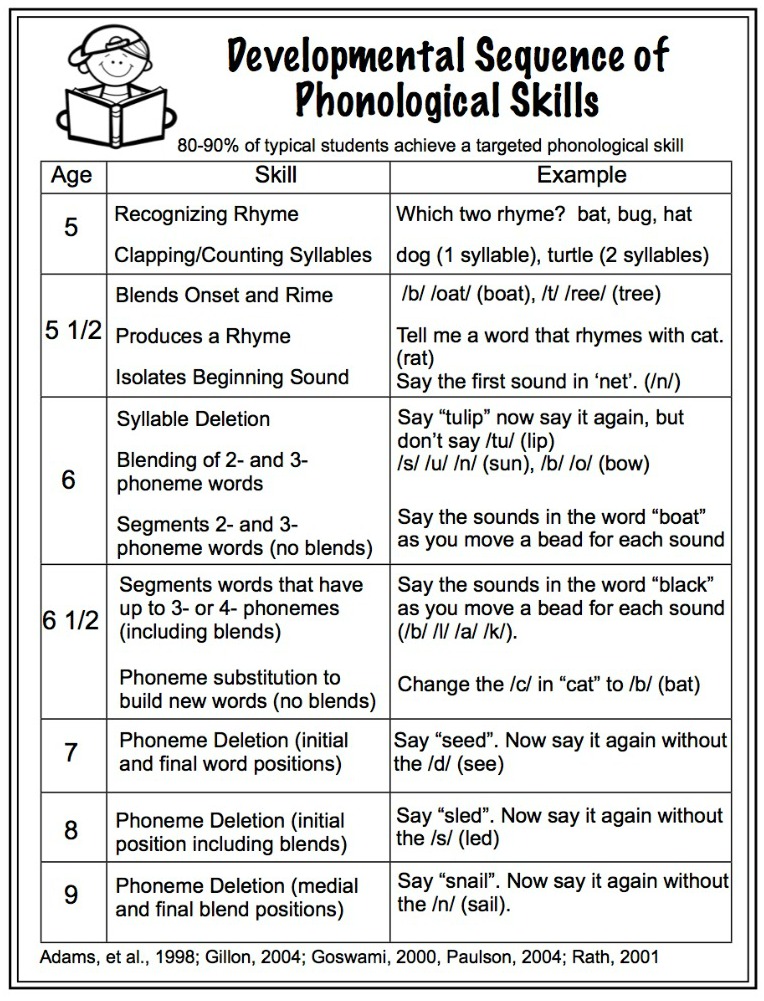
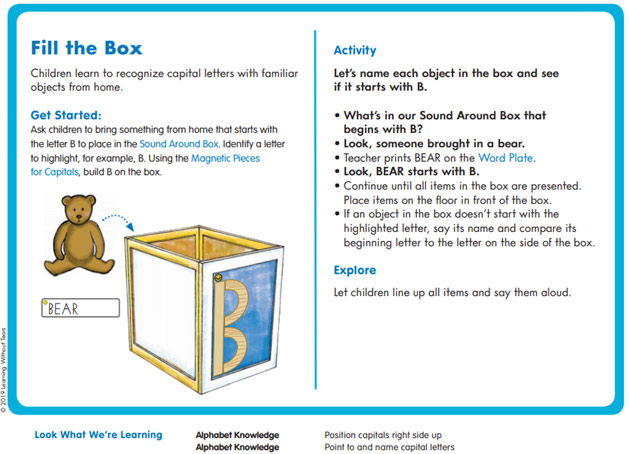

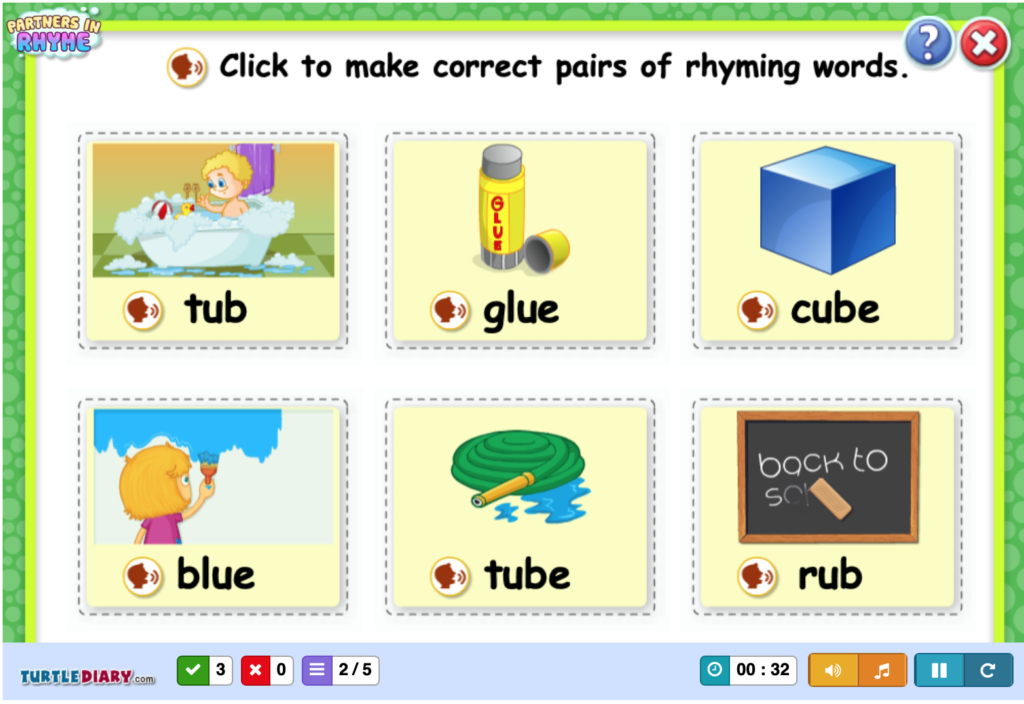
0 Response to "39 phonological awareness activities for older students"
Post a Comment